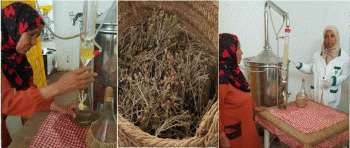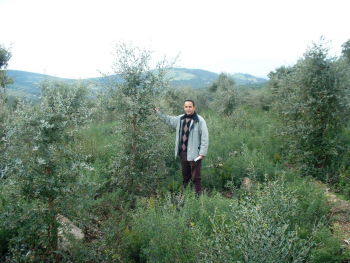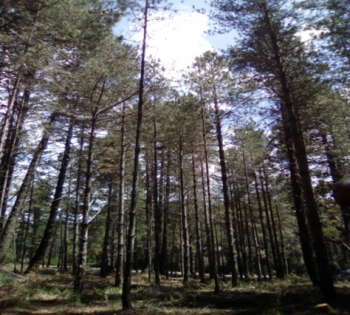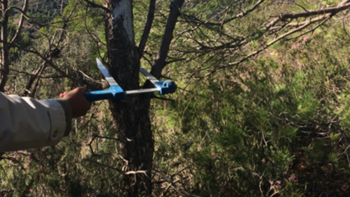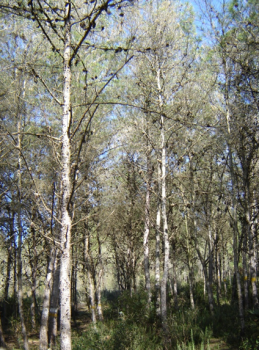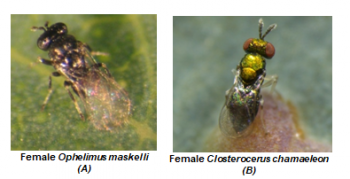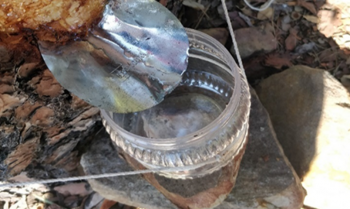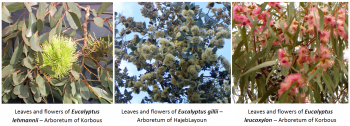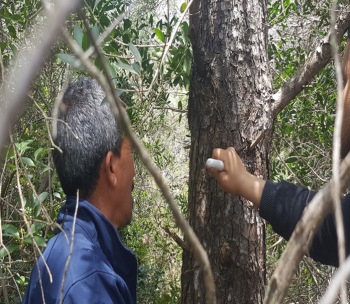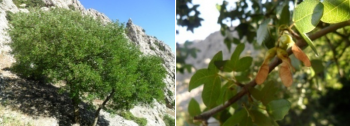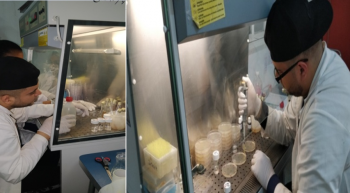Aleppo pine is one of the dominant forest species in Tunisia, favoured by its great regeneration capacity, plasticity, climatic stress tolerance, and multiple products: wood, edible seeds, vegetable seed oil, essential oils from leaves. For these reasons it has been used massively as for reforestation.
But the wide geographical distribution of the species might imply variation in adaptive and productive traits. The use of genetic material well adapted to the environment and better performing allows for valorization of the resource and offers a guarantee of success for new...

